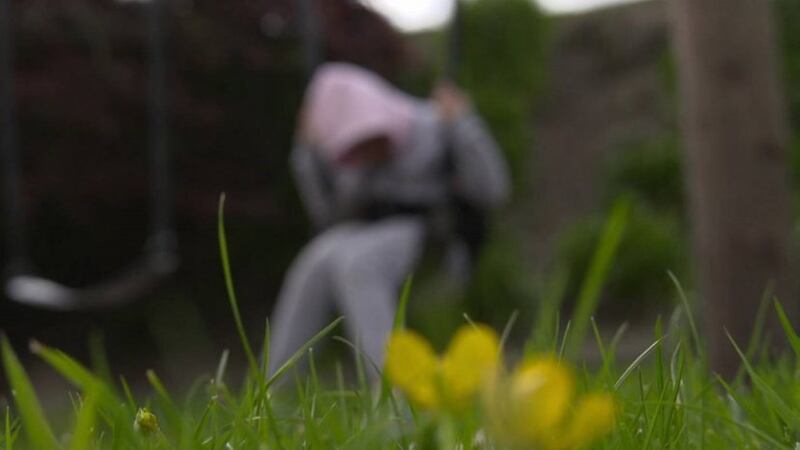A new resource by the Māori Council and National Māori Authority has been launched to support people affected by mental health, specifically Māori men.
How to have a Korero is focused on suicide prevention among Māori and raising awareness of the signs that someone might be in trouble, what to do and how to respond.
Māori Council and National Māori Authority Chair Matthew Tukaki says one of the biggest challenges people can have is knowing what to look out for.
"We all know the data that Māori now have the highest suicide rate per head of population across developed nations and what we need to do, other than systems and service reform, is develop easy to access and easy to understand information that really starts from the beginning.”
He says the reality is that not every person who commits suicide has a pre-diagnosed mental health condition, a lot of cases come down to an inability to cope with the daily struggles of life.
“Some people struggle with a relationship breakdown, with challenges around work and small business, getting into debt and not seeing a way out- and yet in all of those cases there is something more we could have been doing," he says.
How to have a korero. Source: Ngangaru
How to have a korero includes information about how people can recognise the signs of someone struggling.
This includes changes in behaviour, changes in sleeping patterns, withdrawing from friends and family, loss of interest in routine activities or work and more.
It also includes advice on how to have a conversation with someone who is struggling.
This includes ways to listen without judgment, encouraging action and asking people if they are okay.
How to have a korero. (Source: Ngangaru).
Tukaki says the resource is available online and currently targets Māori men and young people, but the plan is to further expand it.
"The aim is to now move the content into an online app that will be freely available to all New Zealanders.”

